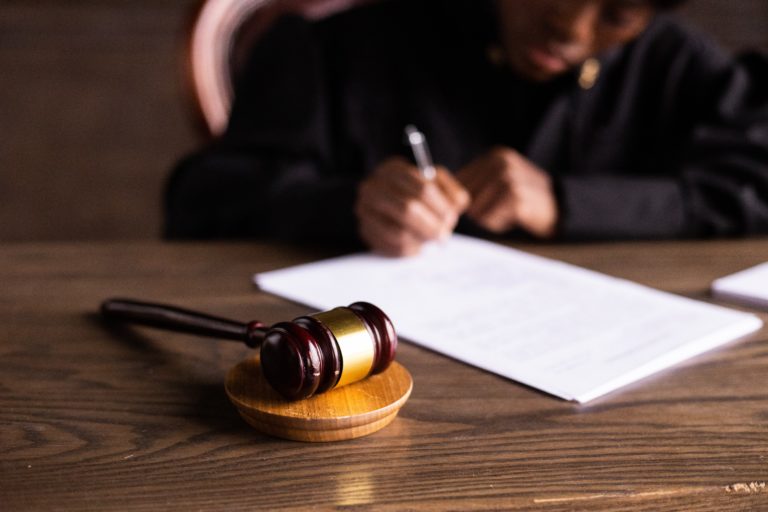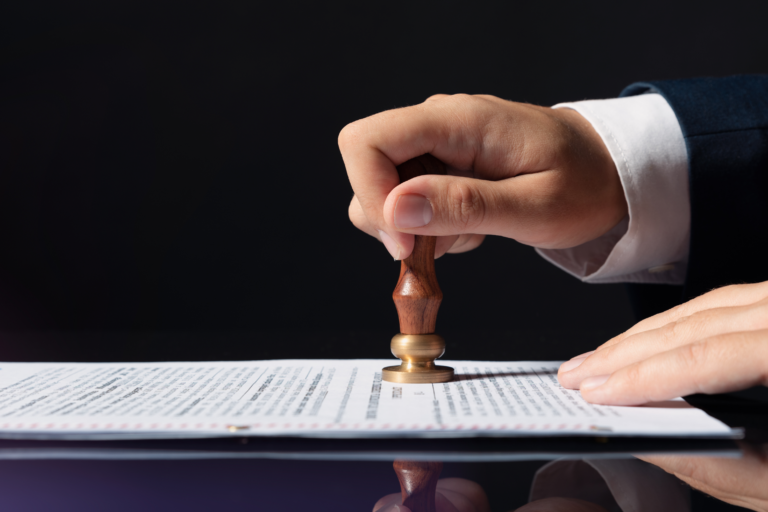Making a Florida will can be tricky, as mistakes are easy to make. Seemingly minor oversights can lead to unintended complications and cause additional stress for your family during an already difficult time.
Below, we dive into five of the most common mistakes people make when creating a Florida will:
1. Choosing the Wrong Executor
Your executor or personal representative has the immense responsibility of handling your estate according to your will. They will gather your assets, pay all valid debts, and distribute what remains to your beneficiaries.
Naturally, you want someone trustworthy, organized, and capable of handling the complex tasks involved. However, Florida has a crucial added requirement: Your executor must either be a Florida resident or a close relative (by blood or marriage). Naming an out-of-state friend, even your most trusted one, can cause significant delays, extra court involvement, and potentially higher legal fees.
2. Overlooking “Homestead” Rules
Florida loves protecting families, especially with its “homestead” exemption policy. In a nutshell, this means your primary residence cannot be forcibly sold to satisfy most debts. But, the moment you leave your homestead to anyone other than a spouse or a minor child under your will, the protection often vanishes. This can have major unintended consequences, opening your home up to creditors.
While there may be situations where leaving your homestead to someone other than a spouse or minor child is the right course, those decisions should not be made without a plan in place to protect your intended beneficiary from the loss of homestead protection.
3. Making Specific Cash Gifts
Leaving a specific sum of money to a loved one might seem like a simple act of generosity. Unfortunately, life and finances can be unpredictable. If your estate dwindles due to unexpected events like medical bills or a sudden market downturn, those generous cash gifts might significantly shrink or disappear completely.
A more flexible approach is to structure gifts as percentages of your total estate. This safeguards your intentions to a greater degree.
4. Directing the Sale of Your Home
While wanting to make things easier for your executor might lead you to include instructions for selling your home, this could create unforeseen problems. Under certain circumstances, ordering the sale of your homestead in your will strips away the very protection meant to benefit your family.
Before making such a decision, explore other options. Discuss your goals with an experienced estate planning attorney. Are you trying to prevent potential conflicts among beneficiaries? Are you trying to protect a beneficiary by leaving them a cash distribution rather than a home they might not be able to afford? There might be trusts or other legal tools that achieve your goals without jeopardizing Florida’s homestead protection.
5. Leaving Your Will Where Anyone Can Find It
Disagreements within families can, sadly, lead to unexpected actions. Wills that create an uneven distribution of assets might tempt unhappy heirs to ‘lose’ the document. This creates a presumption of revocation under Florida law, meaning your intended wishes could be overturned.
Safeguarding your will is paramount. Consider storing it outside your home, such as with your attorney, in a safe deposit box, or with a trusted person you have named within the will itself.
The Power of Informed Planning
Making a Florida will is more than just outlining who gets what. It is about anticipating potential roadblocks and finding solutions that genuinely honor your goals while aligning with Florida’s unique legal landscape.
Consulting an experienced Florida estate planning attorney can mean the difference between a stressful probate process and one that goes smoothly, saving your loved ones time, money, and unnecessary worries.
Making a Florida Will is Easier When You Work with Experts
At Jurado & Associates, P.A., we can help you craft a Florida will that works for you. Contact us for a consultation to discuss your specific needs.
Call us at (305) 921-0976, email us at [email protected], or reach out via WhatsApp message at +1 (305) 921-0976.






